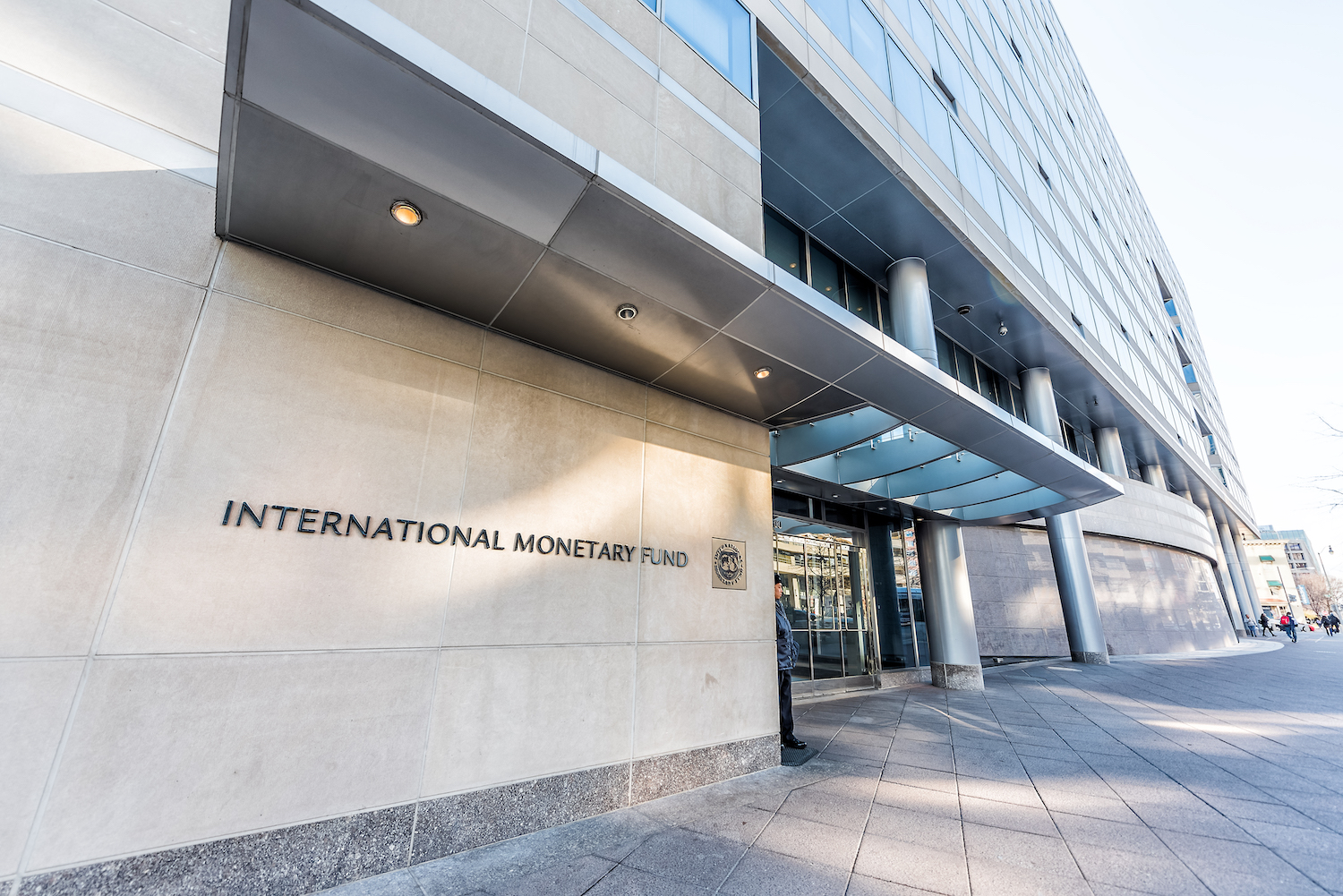Why have the US been awarded the IMF good grade?
How is the US economy assessed and what is the IMF forecasting?
The United States 2021 Article IV Consultation came to a close on July 19th, with the US being awarded a good grade by the International Monetary Fund (IMF). Managing Director Kristalina Georgieva said that she’d had a very helpful discussion with Chair Powell and Secretary Yellen focusing on the current economic outlook and challenges that the US is expected to face over the coming months and years. The IMF directors were particularly impressed by America’s management of the pandemic and initiatives for economic regeneration.
How has the pandemic been managed in the US?
The directors took some time to reflect on the devastating impacts of the pandemic and the 600,000 US citizens who lost their lives following infection. However, the consultation focused on the nation’s positive response, with the introduction of mask mandates, social distancing, shut down orders, and mass vaccinations greatly reducing infection rates during 2021. There were suggestions of a positive outlook in terms of returning to normal and partial recovery of the US economy before the close of the year.
Kristalina Georgieva said, “We expect the economy to grow at 7 percent this year, the fastest annual growth rate since 1984, and continue with very strong momentum into next year. This is very good news for the U.S. and for the world economy. Our outlook is based on the assumption that the American Jobs Plan and American Families Plan are legislated later this year, and in a form that is similar to that proposed by the administration. We believe that these two packages will add to near-term demand, raising GDP by a cumulative 5.25 percent over 2022-24.”
How is the American economy shaping up?
The economic recovery has been based on a strong foundation of fiscal and monetary support, with 8.2% of GDP being allocated to the roll-out of the American Rescue Plan from March 2021. This followed the introduction of the major fiscal package at the close of 2020. The provision of expanded unemployment insurance and household stimulus checks has had a positive impact on demand and relieved financial pressure at domestic and government levels.
The new administration has announced ambitious plans to address the well-established structural challenges faced by the US economy. Proposals for the introduction of Jobs and Families plans have been widely welcomed, given the expected redistribution of resources to the most vulnerable households, investment in infrastructure, incentivizing of human capital accumulation, and boost of productivity. There has also been marked progress in the reduction of emissions and climate change risks.
The Article IV consultation turned to the benefits of planned tax reforms, including those for an increased statutory rate of corporate tax, a global minimum tax, and an increase in the top marginal rate of personal income tax. The roll-out of these plans is expected to leave federal government debt 3.25% of GDP higher at end-2030 on a net basis. The combination of measures to limit the impacts of Covid-19 and increase the strength of the US economy have brought renewed optimism at the end of such a challenging period.
Kristalina Georgieva said, “I welcome the U.S. administration’s efforts to provide vaccine assistance to a broad range of countries, as well as its support for the proposed SDR allocation. I would also like to express strong support for the proposal to establish a global minimum corporate tax which will help reduce incentives to shift taxable income to low-tax jurisdictions. I join Secretary Yellen in welcoming the widespread endorsement among 130 countries for this plan.”
Will the economic inflation be reversed?
The IMF directors remarked on the effectiveness of the Federal Reserve’s measures in managing the crisis and supporting recovery. There were positive discussions about the new monetary policy framework, which is justified in its commitment to a short-term overshooting of the 2% inflation target. It is expected that this will allow for a quicker recovery, with continued guidance allowing the Federal Reserve to realise the aims of achieving stable inflation and full employment.
“We have seen large consumer price movements in recent months, and we think that those fairly high inflation readings will continue for a few months. However, I want to emphasise that the evidence suggests that this inflation will be transitory and is largely a product of relative price movements that are occurring as the economy rebounds from the impact of the pandemic.
We believe the Fed has been clear in communicating its intentions, and we anticipate that such transparent and proactive communications will continue as asset purchases are scaled back and, eventually, as interest rates move upwards” Mrs Georgieva went on to say.
How can America retain its good grade?
The IMF recognition is surely a cause for celebration among members of the Biden administration. However, to maintain this status the US will have to follow through on recommendations made during the consultation. The directors shared their view that the pandemic had brought the shortcoming of the US markets and institutions into clear focus. They recommended serious consideration of structural changes across the treasury market, key money markets, and prime money market funds.
American authorities have been urged to reverse the recently introduced trade restrictions and tariff increases. And the IMF directors are eager to see the avoidance of currency-related trade responses. Recommendations were made for the US to work in collaboration with its trading partners to improve the stability of the rules-based multilateral trading system. It is expected that such proposals will be reviewed as part of the next Article IV consultation in one year’s time.

